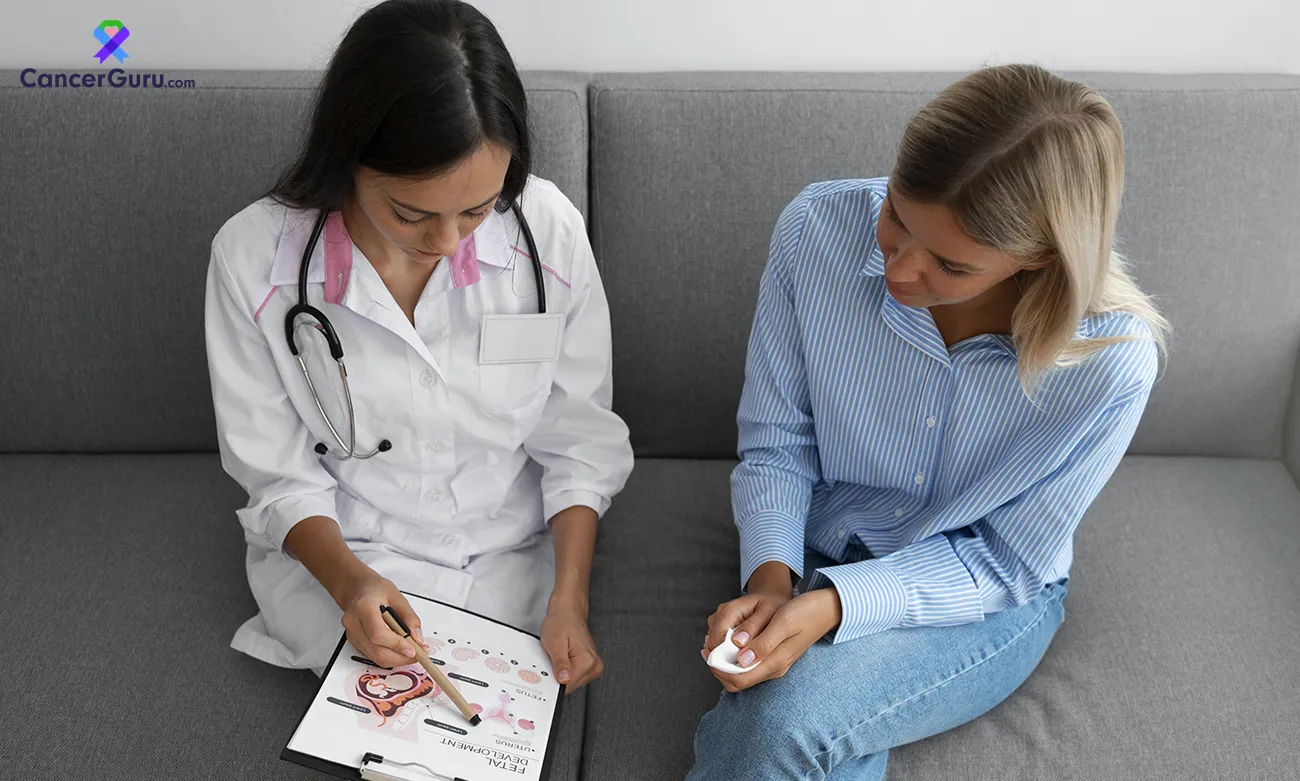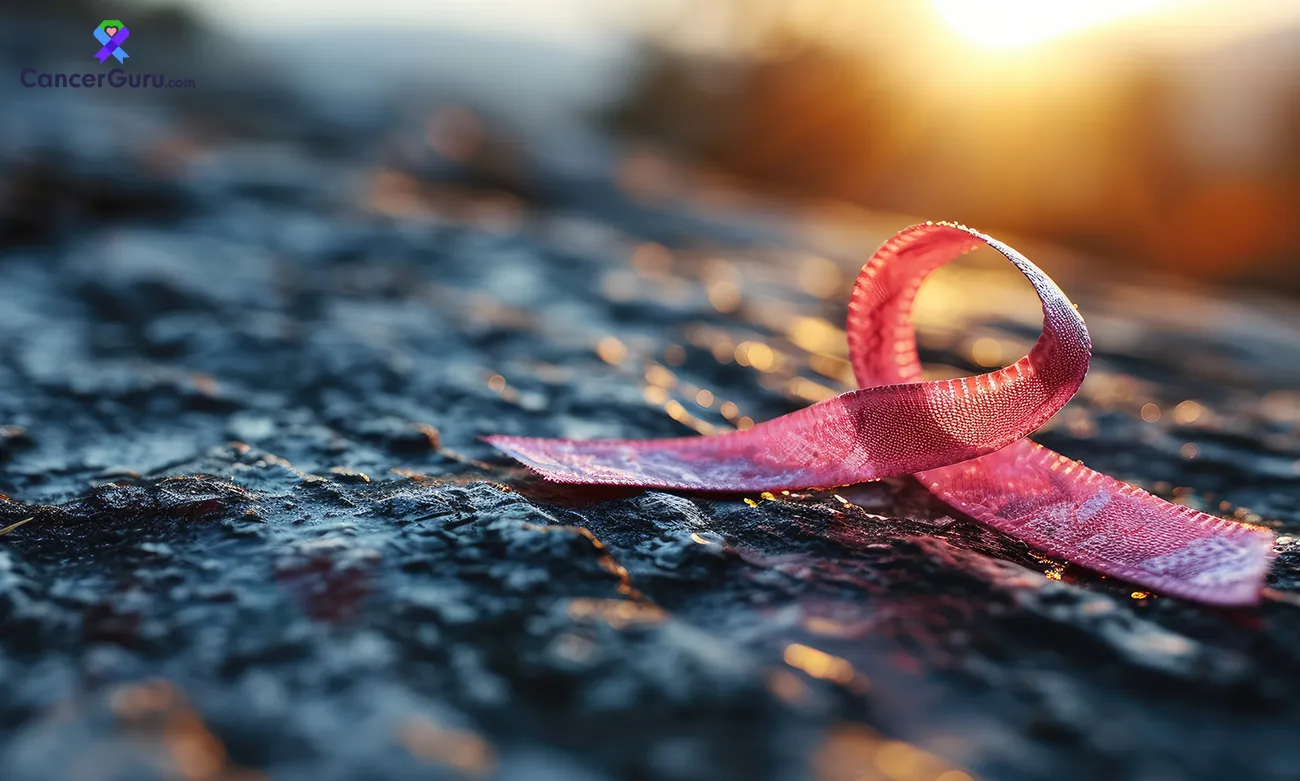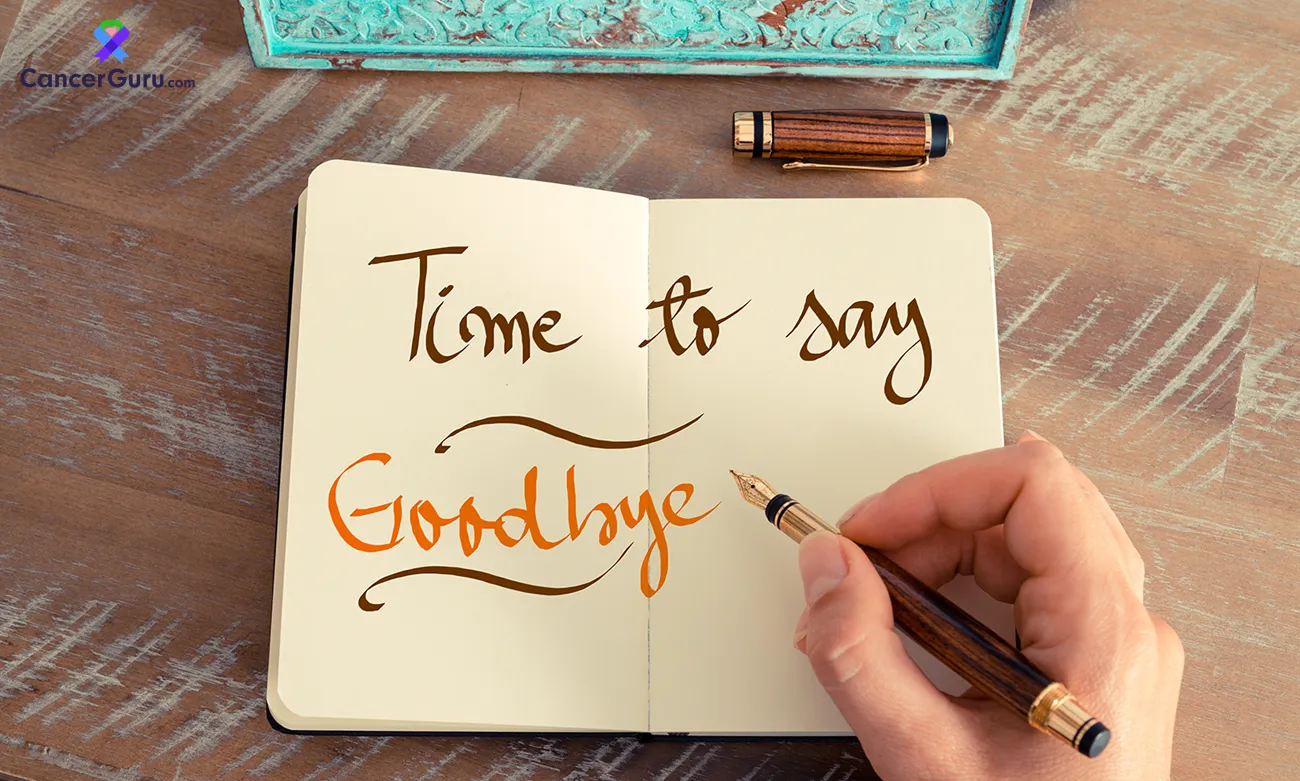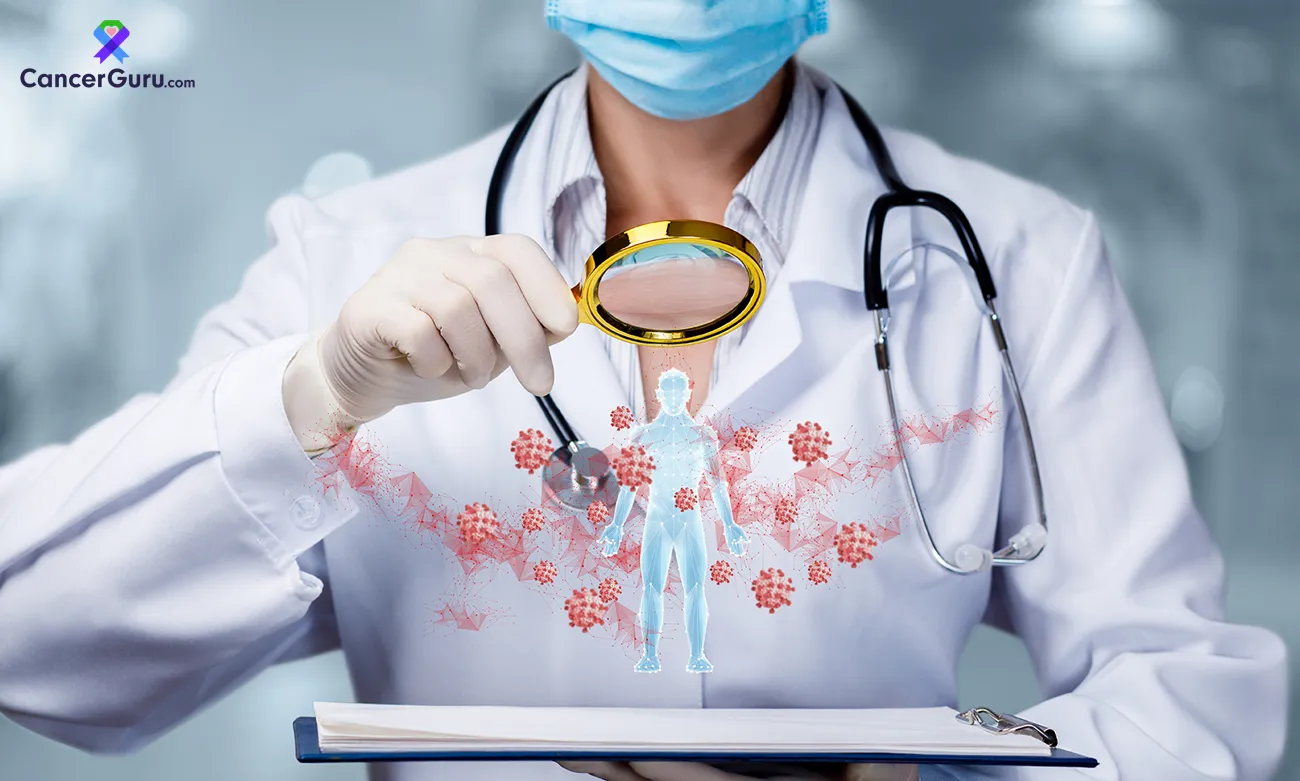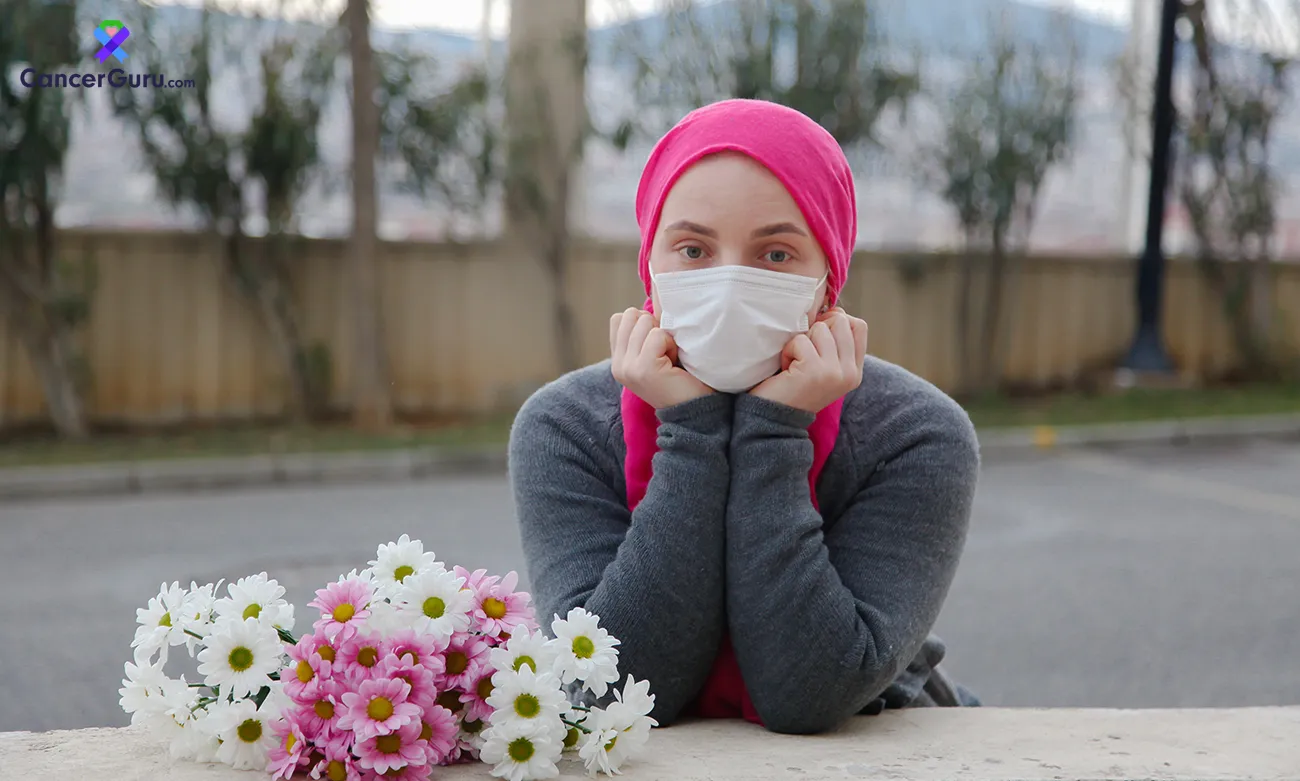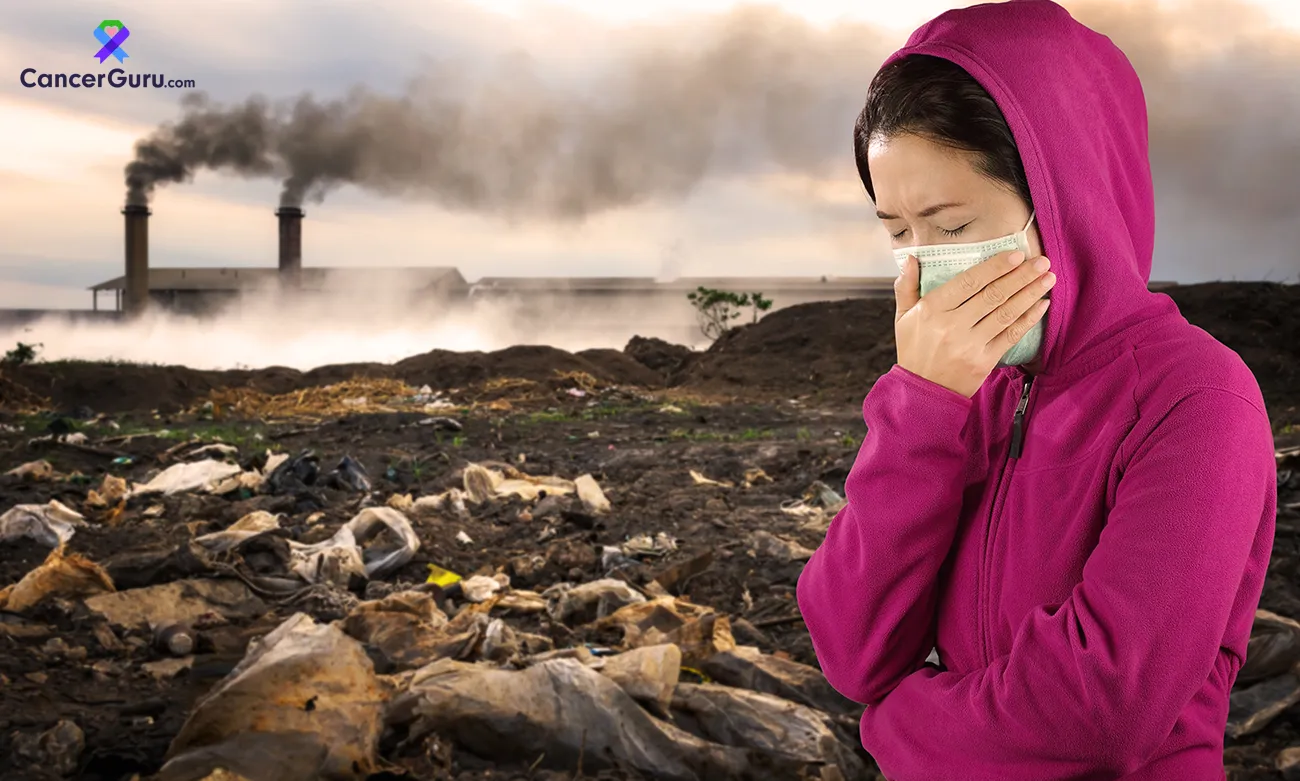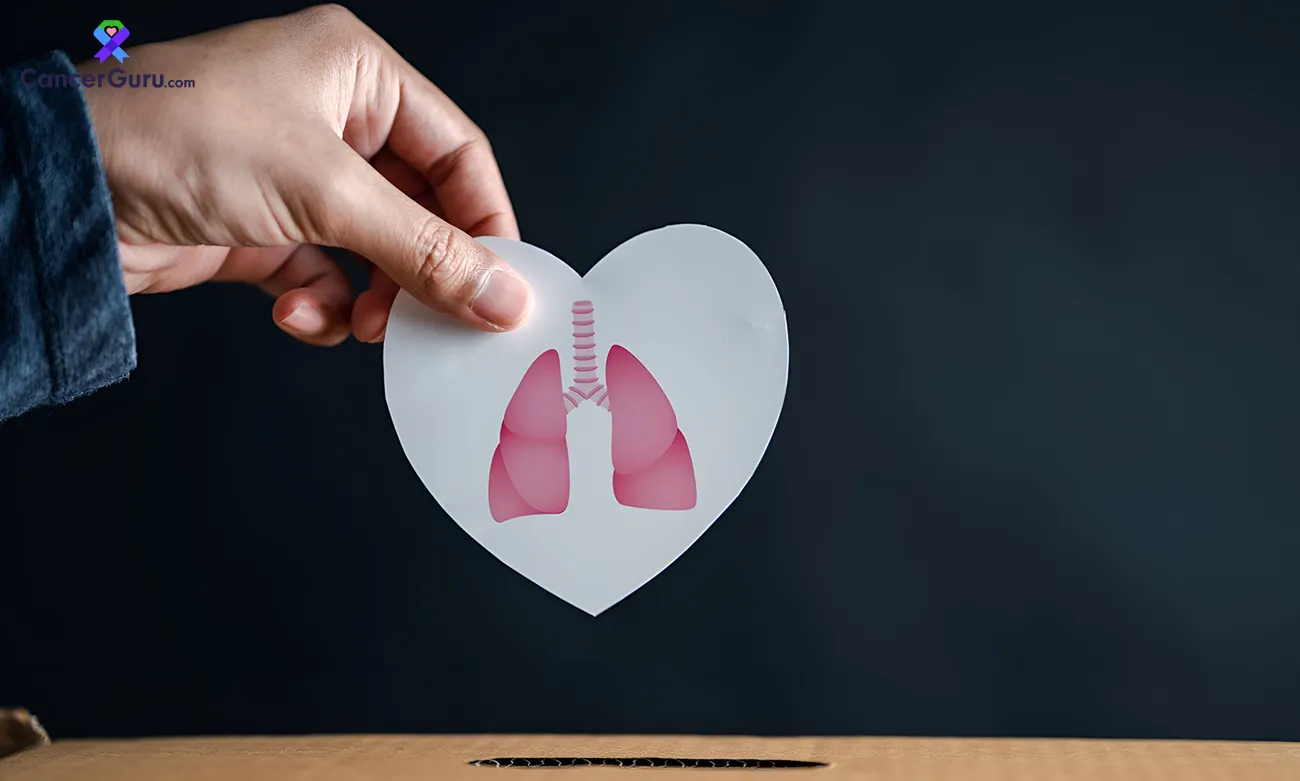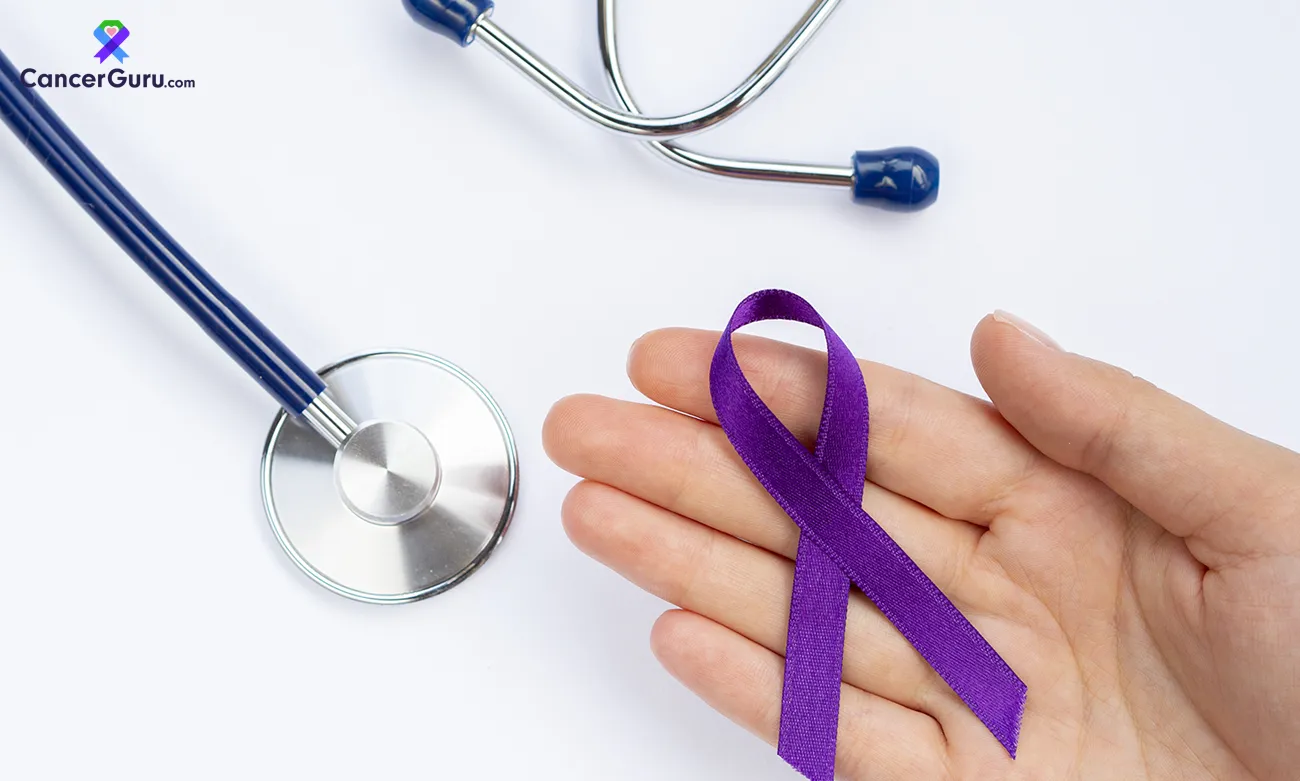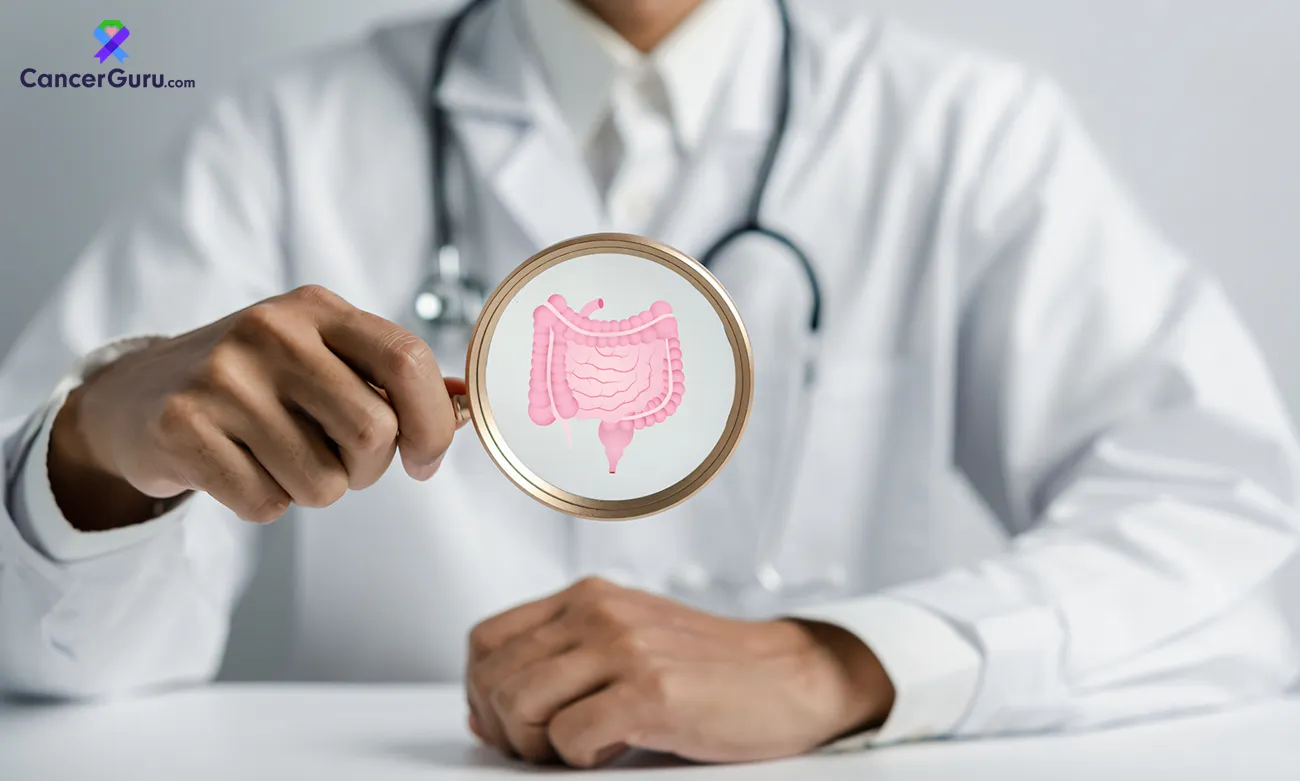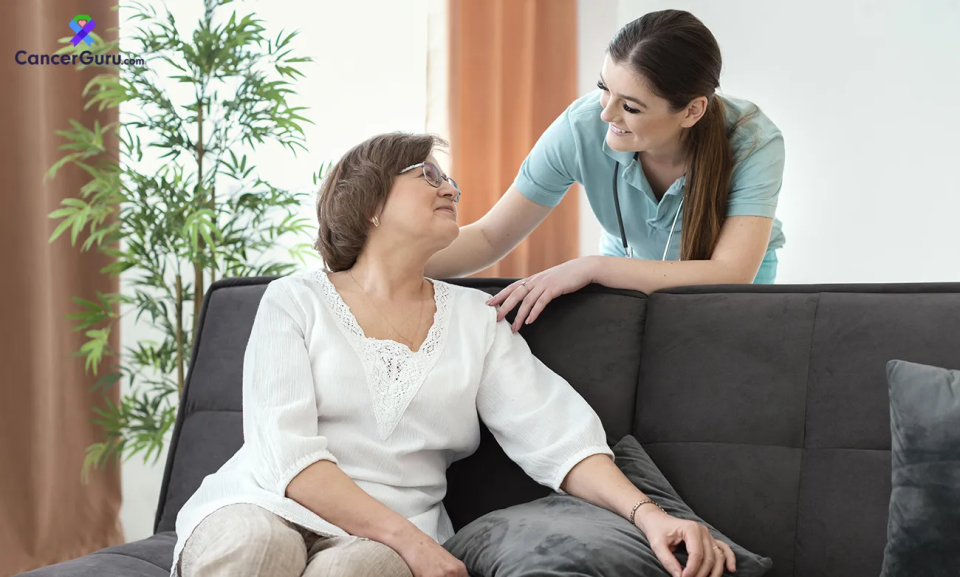- Email: [email protected]
- Contact: +1 (407)581-9000
Understanding Chemotherapy: Side Effects & Recovery Tips
September 15, 2025
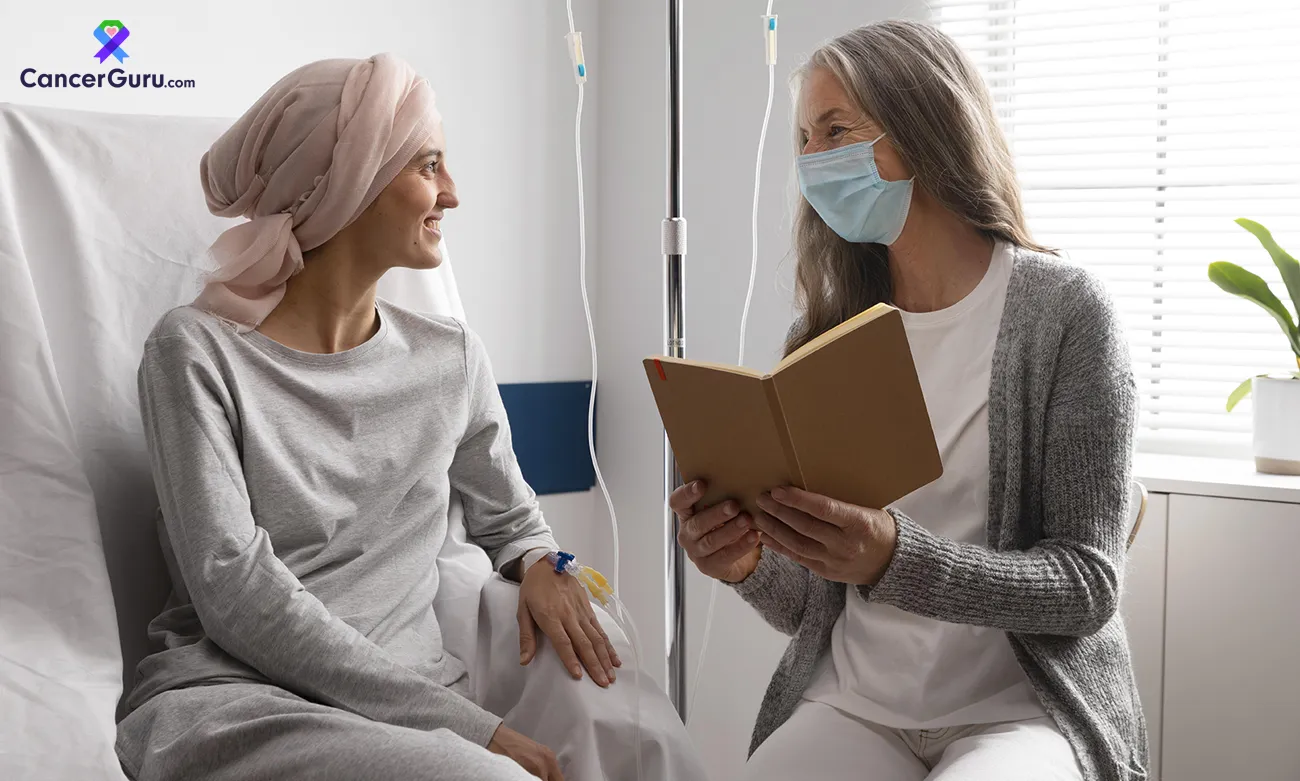
Chemotherapy is a common way to treat cancer using strong medicines that kill fast-growing cells in the body. Cancer cells grow and divide quickly, so chemo is often used to stop or slow their spread. It can be used by itself or with other treatments like surgery or radiation. Some people get chemo to try to cure the cancer, while others get it to shrink tumors or help with symptoms.
The way chemo works can affect healthy cells too, especially those that also grow fast, like cells in your mouth, stomach, or hair. That’s why people often have side effects like tiredness, hair loss, or nausea. These side effects can vary a lot from one person to another. It depends on the type of cancer, the drugs used, how much is given, and how your body reacts to it. Talking with your doctor or nurse can help you prepare and feel more in control.
What Causes Side Effects During Chemotherapy?
Chemo works by targeting fast-growing cells, which is how it fights cancer. But not all fast-growing cells in your body are bad. Some healthy cells, like those in your hair, mouth, stomach, and bone marrow, also grow quickly. Since chemo moves through the whole body, it can harm normal cells too. That’s what leads to side effects. The good news is that not everyone has the same side effects, and many are manageable with help from your care team.
What Do I Need to Know About Side Effects?
- You might not get every side effect. Some people feel very few, and others don’t get any at all.
- Side effects can be mild for one person but tougher for another.
- Your doctor might give you medicine ahead of time to stop or ease some side effects.
- Some chemotherapy can cause lasting problems like nerve damage or fertility issues.
- Always ask which side effects are common for the chemo you’re getting.
- Find out how long the side effects might last so you know what to expect.
- Keep your care team updated so they can adjust your treatment if needed.
What Are the Common Chemotherapy Side Effects?
- Fatigue: Feeling tired all the time is one of the most common effects.
- Hair loss: Hair often falls out within a few weeks of treatment.
- Low platelet count (thrombocytopenia): Can cause easy bruising and bleeding.
- Low white blood cells (neutropenia): Increases risk of infection.
- Nausea & vomiting: Many people feel sick or throw up during treatment.
- Changes in appetite: Food may taste bitter or metallic.
- Constipation & Diarrhea: Digestive changes are common.
- Mouth sores: Painful spots in the mouth and throat.
- Nerve problems: Tingling or numbness in hands and feet.
- Skin & nail changes: Dryness, rash, or nail discoloration.
- Chemo brain: Trouble focusing or remembering things.
- Anxiety & Depression: Emotional struggles during treatment.
- Fertility issues: Some drugs may affect ability to have children later.
What Can I Do to Deal with Chemotherapy Side Effects?
Fatigue
- Plan your day around times you feel more alert.
- Take short naps of 20–30 minutes.
- Eat well, rest, and try light exercise like walking.
Hair Loss
- Get a wig or use scarves, caps, or hats.
- Wash hair gently with mild shampoo.
- Avoid heat styling tools.
Skin Changes
- Use mild soap and lukewarm water.
- Avoid scented creams and harsh cosmetics.
- Wear sunscreen (SPF 30+) and loose clothing.
Nausea, Vomiting & Bowel Changes
- Eat small meals slowly throughout the day.
- Avoid spicy or greasy foods.
- Drink cold fluids and try popsicles or gelatin.
Loss of Appetite
- Try sour fruits or candies to fight metallic taste.
- Eat soft, room-temperature foods.
- Ask about a soft-food diet if eating becomes difficult.
Bladder & Kidney Problems
- Drink 6–8 cups of water daily.
- Avoid alcohol and coffee.
- Wear cotton underwear and plan bathroom breaks.
Weakened Immune System
- Wash hands often and stay away from sick people.
- Cook food thoroughly to avoid infections.
- Call your doctor right away if you get a fever or chills.
Bruising & Bleeding
- Use a soft toothbrush and electric razor.
- Call your doctor if you bleed for more than a few minutes.
Peripheral Neuropathy
- Report tingling, numbness, or burning to your doctor.
- Your doctor may lower your dose or give nerve pain medicine.
Chemo Brain
- Get 8 hours of sleep nightly.
- Do puzzles or memory games.
- Write reminders to stay on track.
Sex & Fertility Issues
- Ask about options like sperm banking or egg freezing.
- Discuss intimacy concerns with your doctor.
When Do Side Effects Start?
Some chemo side effects, like nausea and fatigue, can start a few days after the first treatment. Others, like hair loss, may begin in the second or third week. Fatigue often builds up over time. Not everyone has the same timeline—your side effects depend on the drugs used and your overall health.
What Are the Drug Interactions and Side Effects of Chemotherapy?
Chemotherapy drugs can interact with other medicines, vitamins, or herbal supplements. These interactions can make side effects worse or stop chemo from working properly. Always share your full list of medications with your doctor to avoid harmful drug combinations.
When Should You Call Your Cancer Care Team?
Some chemo side effects are mild, but others may require urgent care. Always contact your care team if something feels unusual.
- Fever above 100.5°F
- Unexpected bleeding or bruising
- Severe headache or new pain
- Shortness of breath (Call 911 if severe)
- Vomiting or diarrhea lasting more than a day
- Blood in urine or stool
- Redness, swelling, or pain at chemo site
Your body goes through a lot during chemotherapy, but you’re not alone. Stay connected with your care team, ask questions, and seek support whenever needed.
Ratings and reviews
-
No comment (10 Nov 2025)

